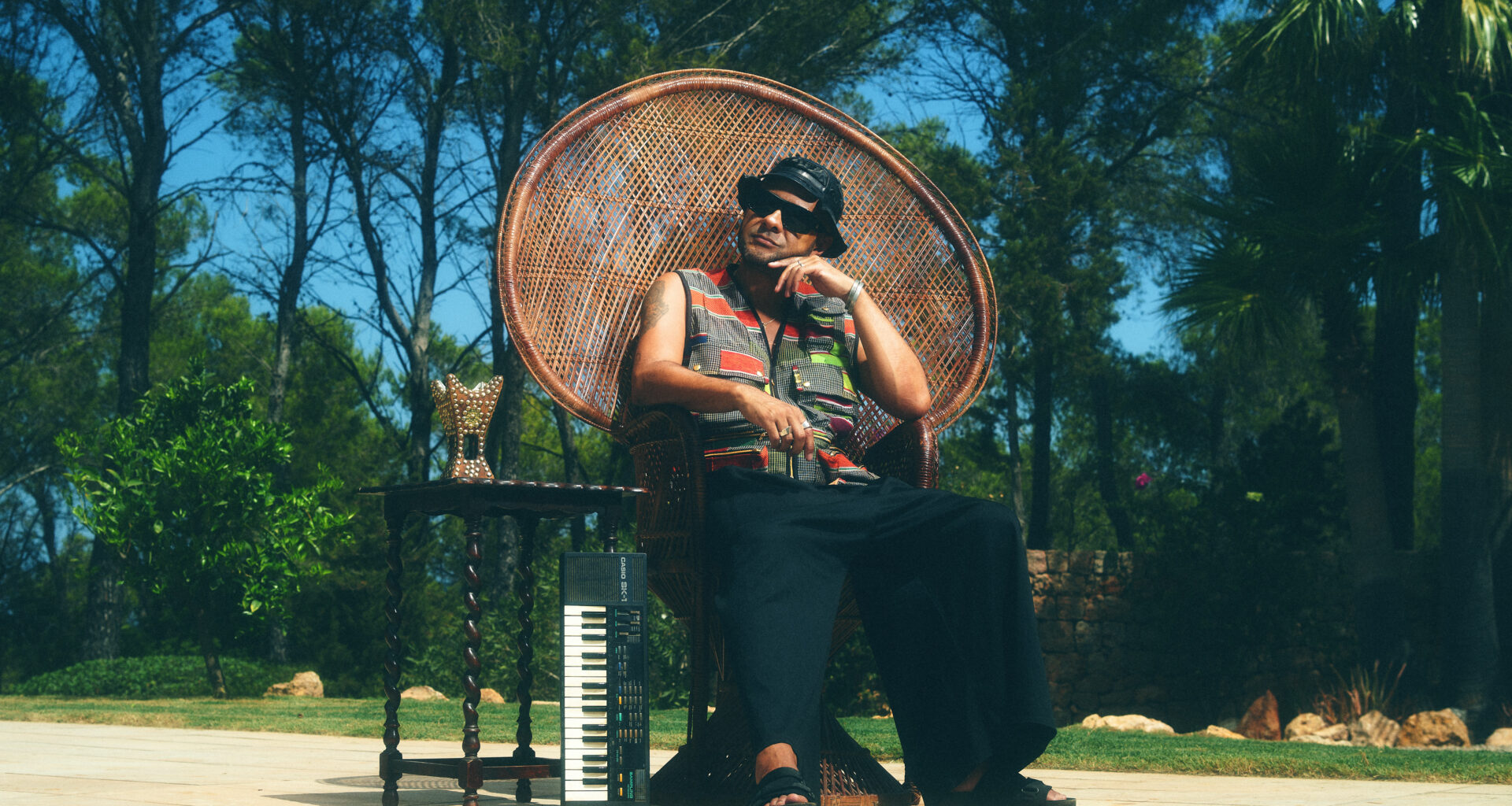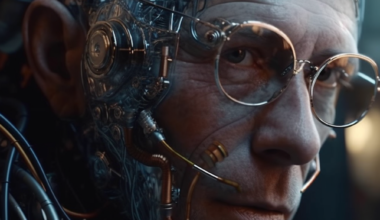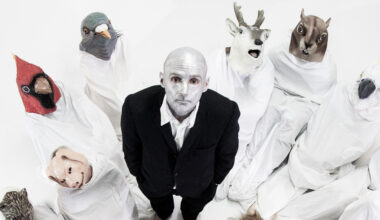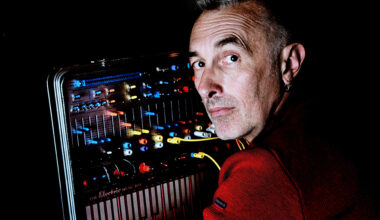On ‘Shout Out! To Freedom…’, the latest musical adventure from Nightmares On Wax, George Evelyn explores the human spirit’s need for liberty. The process led to deep conversations with both others and himself
Want to read more?
Sign up to Electronic Sound Premium to gain access to every post, video, special offers, and more. 100%, all you can eat, no commitment, cancel any time.
Already a premium member? Log in here






